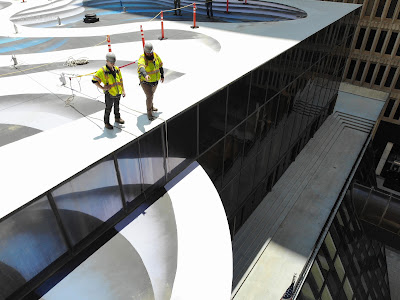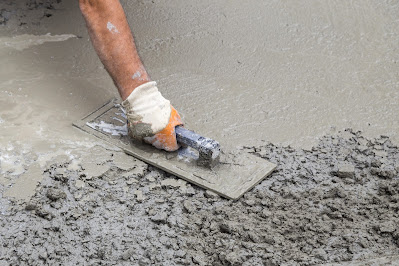OSHA requires fall protection for any worker who may be exposed to a fall of four feet or more from at-height working, or from open edges. OSHA has also prioritized ladder fall protection specifically, as injuries and fatalities from ladder falls are some of the most common workplace accidents.
Here’s a reminder of worker rights:
- Workers are entitled to a safe and healthful workplace.
- Workers have a right to know about hazardous chemicals.
- Workers have a right to file a complaint with OSHA.
- Workers have a right to be free from retaliation for exercising safety and health rights
Learn more about fall protection on our website!
Trust Innovative Engineering Inc. to Provide Efficient Fall Protection
We’re a trusted resource of facility owners and managers of all sizes, including those with the nation’s largest real estate portfolios. We strive to be a true partner to our clients, providing them with honest assessments, and more importantly, sound solutions.
“Innovative Engineering Inc. (IEI) has been a trusted resource for our structural and parking garage repair and restoration needs for several years. I have personally worked with the firm as long ago as 2001. We have found IEI to be very responsive and easy to work with. Their work has been accurate, thorough, on time, and within budget. We look forward to continuing our relationship with them.” – Sarah Peek, Emory University Hospital Midtown
Contact us today for our expert advice and knowledge about fall protection, façade inspection, roof inspection, anti-terrorism force protection, and more. Our experts are standing by to help you!











